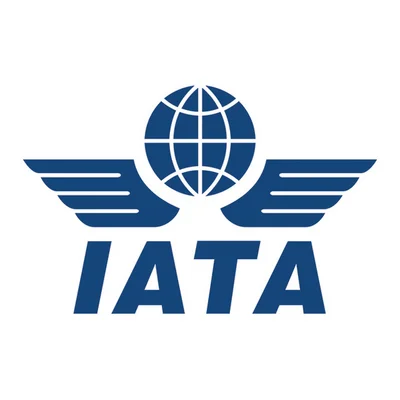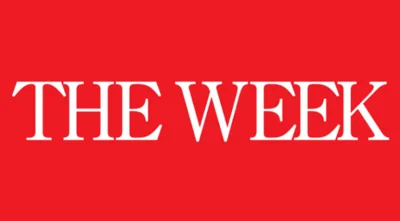Points can be earned not only from flights but also from ancillary purchases like seat selection and priority boarding. Higher earning rates are available through Optimal, Comfort, or Flexible fares. The airline claims these changes "[make] it easier to upgrade to a higher level."
The revamped frequent flyer program features seven tiers. Members start at the Iberia Plus Clásica tier and progress to Iberia Plus Plata by earning 3,500 Elite Points or taking 20 flights in a year. Elite Points are awarded at one per qualifying Euro spent at Iberia.
The third tier is Iberia Plus Oro, requiring 7,500 Elite Points or 40 flights annually. Above this is Iberia Plus Platino, which requires 20,000 Elite Points or 90 flights in a year—the last tier accessible solely via flight count.
The new fifth tier is Iberia Plus Platino Prime with an annual requirement of 30,000 Elite Points—a middle ground between Platino and Infinita (400,000 Elite Points). The final tier is Infinita Prime where "no passenger has ever gone before."
In late 2024, British Airways' Executive Club faced backlash after announcing changes that removed progression based on sectors flown and renamed it The British Airways Club. Blue members needed £3,500 in annual spending to move up a tier—leading many to reconsider their loyalty plans amid criticism and member departures.
Despite some reversals by BA allowing progression through sectors flown again in lower tiers, the new Iberia program offers better terms: moving from first to second tier requires either €3,500 ($3,623) in spending or 20 flights compared to BA's £3,500 ($4,342) spend or 25 flights; second-to-third-tier progression needs either €7,500 or 40 flights against BA's £7,500 spend or 50 flights. As both airlines belong to the oneworld alliance network—Iberia presents itself as an appealing alternative for British Airways' loyal customers seeking better deals elsewhere.
 Alerts Sign-up
Alerts Sign-up




































